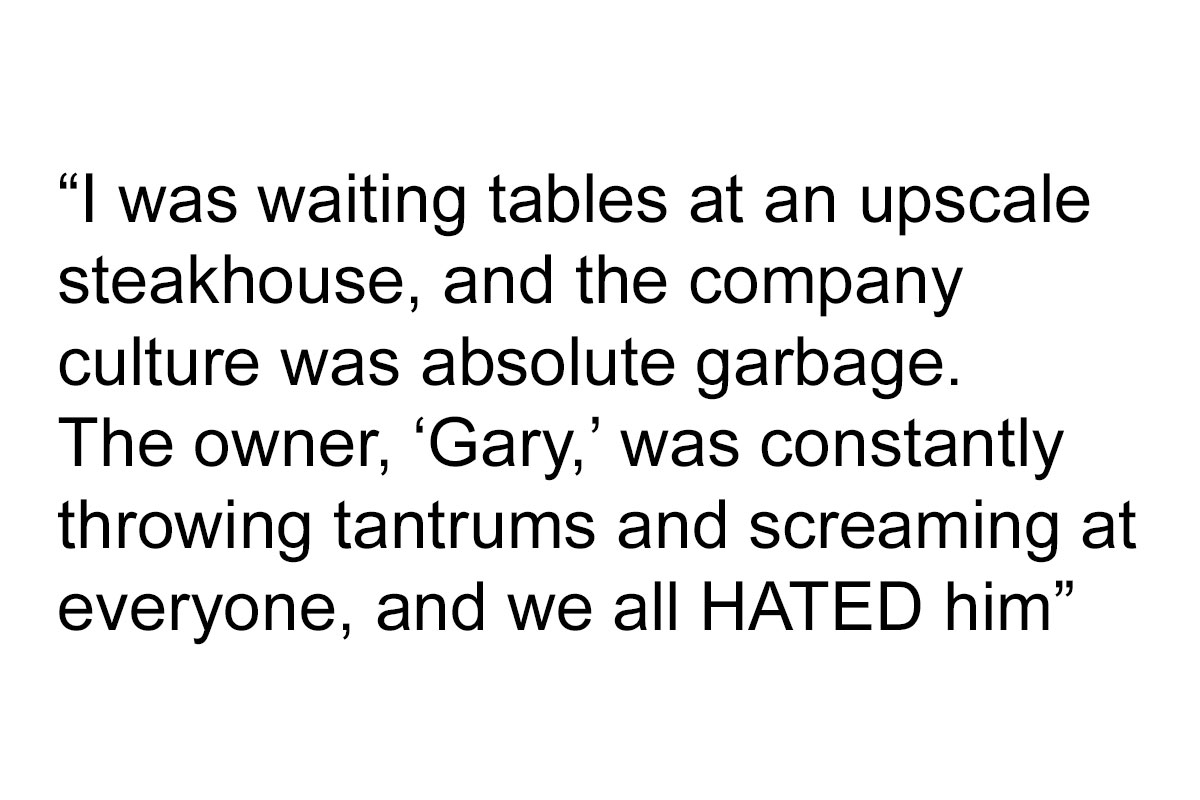
Heavy Door Falls On Employee, Boss Screams At Her Instead Of Helping, Comes To Regret It Greatly
Working at a restaurant is not for the faint of heart. Whether you’re washing dishes, standing behind the bar, or as it was for Reddit user u/queerdo84, waiting tables, it often entails long hours and a very fast-paced environment where you constantly have to juggle multiple responsibilities at once.
However, in the case of u/queerdo84, there was also a toxic owner who made all of the staff miserable. So when the server finally decided to quit, she thought of a plan to let all of the customers know just how big of a jerk he was.
Recently, she revisited the experience and told everything about it to the subreddit r/pettyrevenge.
When this person worked at an upscale steakhouse, they had a very toxic boss
Image credits: cottonbro studio (not the actual photo)
So when they finally decided to walk out, they did so in style
Image credits: Amina Filkins (not the actual photo)
Image credits: Ruslan Khmelevsky (not the actual photo)
Image credits: Ryan Snaadt (not the actual photo)
Image credits: queerdo84
As this story illustrates, the higher-ups play a huge role in building (or destroying) the workplace environment
Image credits: Tim Douglas (not the actual photo)
When it comes to employee happiness, bosses and supervisors play a bigger role than one might expect. Relationships with management are the top factor in employees’ job satisfaction, which in turn is the second most important determinant of employees’ overall well-being.
Unfortunately, research also shows that most people, just like the author of this post, find their managers to be far from perfect. A study by the American Psychological Association found that 75% of Americans say their “boss is the most stressful part of their workday.”
However, leaving those bosses isn’t so simple
u/queerdo84 shouldn’t bring themselves down for not immediately quitting their job. Interestingly (and perhaps somewhat counterintuitive), research also tells us that employees end up working longer (two years, on average) for toxic bosses than nontoxic ones.
People stay with them for a multitude of reasons. Some of the most common ones that Mary Abbajay, the president and co-founder of Careerstone Group, LLC, a woman-owned, full service organizational and leadership development consultancy, has noticed during her 20 years of experience include:
- I don’t have the energy to look for a new job;
- I really like my job/colleagues/commute;
- I need the salary. I can’t afford to take a pay cut.
- There aren’t any other jobs that would be better.
- I don’t want to lose the benefits.
- I’ve invested too much to start over in a new organization.
- This job pays too well to leave.
- I don’t have the skills to get a different job.
- Things might get better.
“Many of the above excuses come down to basic human psychological dynamics,” Abbajay wrote. “People enduring high-stress situations often suffer from emotional exhaustion, robbing them of the energy needed to search for a new situation. It’s hard to quit without another opportunity lined up, and it’s hard to line up another opportunity when one feels depleted. Emotional exhaustion also strips people of the ability to envision a more positive experience — and hopelessness ensues.”
Loss aversion is another psychological process that makes it hard for us to give up something we have. We tend to strive to keep what we’ve worked hard to obtain, and in the workplace this could be salary, status, stability, seniority, social connections, and all the other benefits we’ve accumulated over the years.
“We might also hope that a mean boss will change his or her ways, that the organization will take some action, and that things will improve,” Abbajay added.
Although staying put may seem safer than leaving, it comes with many risks
Image credits: Scott Graham (not the actual photo)
Ultimately, we do need to take action. A study of 3,122 Swedish male employees found that those who work for toxic bosses were 60% more likely to suffer a heart attack, stroke, or other life-threatening cardiac condition.
Other studies in American workplaces show that people with toxic bosses are more susceptible to chronic stress, depression, and anxiety, all of which increase the risk of a lowered immune system, colds, strokes, and even heart attacks.
So kudos to u/queerdo84 for leaving “Gary.”
Luckily, we now have many tools at our disposal to help us during the transition period
A recent FlexJobs survey of over 5,600 people found that not only a quarter (24%) of workers are currently using AI at work, but also 17% of job seekers are already using AI tools like ChatGPT for job applications like resume and cover letter writing, and and additional one-third (33%) are considering it.
“ChatGPT can easily mine job descriptions for keywords and act as an editor, critiquing bullet points and suggesting better phrasing and grammar,” FlexJobs told Bored Panda in an email statement.”
More specifically, ChatGPT can help by:
- Suggesting action verbs: ChatGPT can recommend strong action verbs to start bullet points, making resumes more engaging and impactful;
- Optimizing language: ChatGPT can help rephrase sentences to match keywords used in job descriptions, giving applicants a better shot at bypassing ATS software;
- Highlighting transferable skills: ChatGPT can assist in identifying and incorporating transferable skills into a resume—essential for anyone seeking a career change;
- Formatting advice: ChatGPT can suggest how to structure and format a resume for improved readability;
- Proofreading: ChatGPT can help identify and correct grammar, spelling, and punctuation errors.
“ChatGPT can also help craft the perfect cover letter,” FlexJobs added. Consider utilizing AI language software to level up cover letters in the following ways:
- Personalization: ChatGPT can help quickly tailor a cover letter to the company and role a worker is applying for;
- Opening and closing statements: ChatGPT can suggest engaging opening and closing statements that capture the reader’s attention and leave a lasting impact;
- Emphasizing relevant achievements: ChatGPT can assist in identifying the most relevant accomplishments and communicating them clearly and concisely;
- Showcasing soft skills: ChatGPT can help weave in examples of soft skills, demonstrating how an applicant is a cultural fit.
But using this technology during a job search doesn’t have to end there. It can also help you prepare for interviews. FlexJobs suggests considering the following:
- Automated scheduling: AI-powered tools can streamline interview scheduling with simple calendar invitations, reminders, and rescheduling when needed.
- Virtual interviews: Job seekers may participate in a virtual interview via a recorded session, with AI reviewing their responses and offering recommendations.
- Chatbots: AI-powered chatbots are used to ask questions and assess candidate responses.
- Sentiment analysis: AI can analyze candidate responses during interviews by examining factors such as tone, facial expressions, and body language.
- Predictive analytics: AI can use successful employees to predict a candidate’s performance and potential success by comparing their soft skills and expertise.
- Bias reduction: AI has the potential to minimize unconscious bias in the interview process by utilizing algorithms that focus on objective criteria, such as skills and experience.

 Dark Mode
Dark Mode 

 No fees, cancel anytime
No fees, cancel anytime 



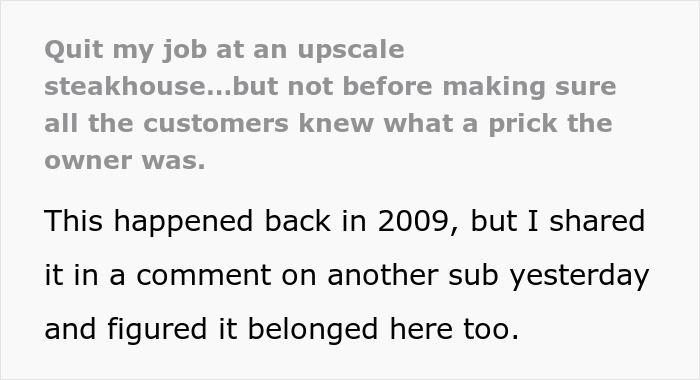
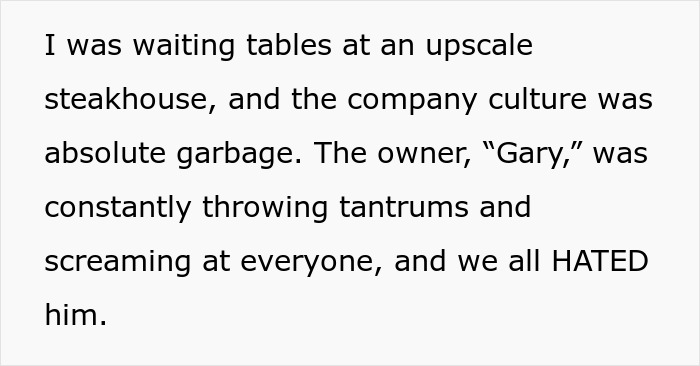
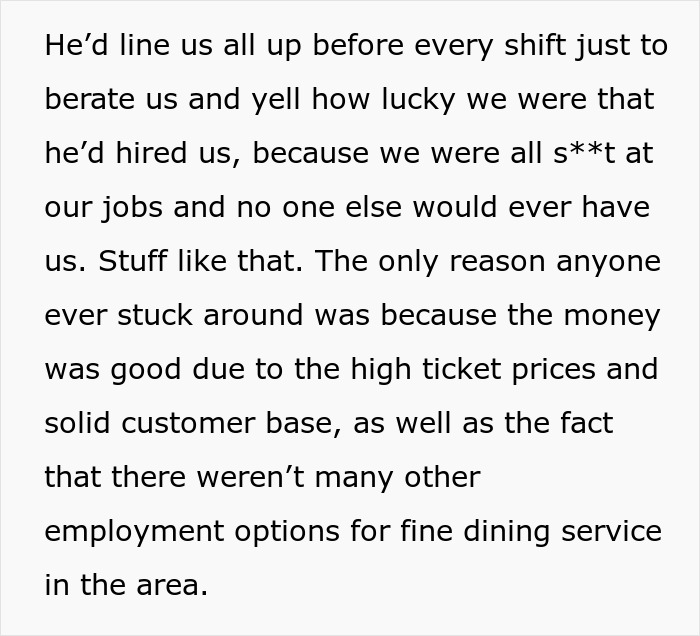

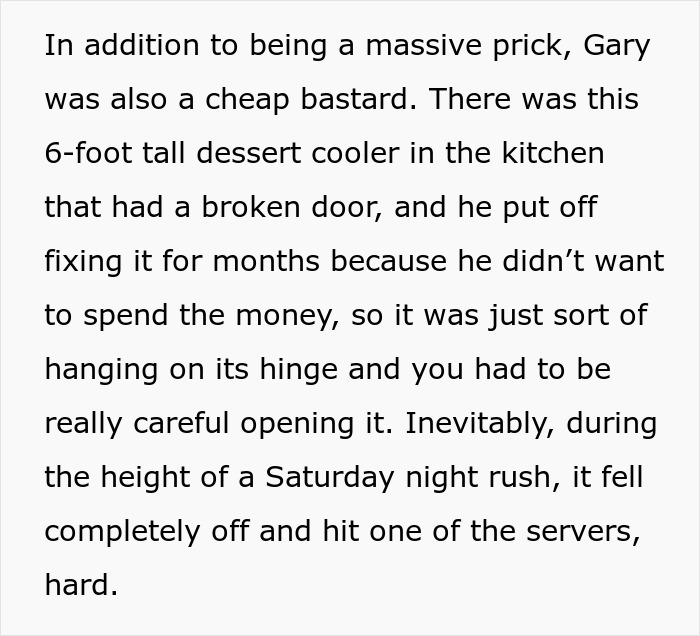
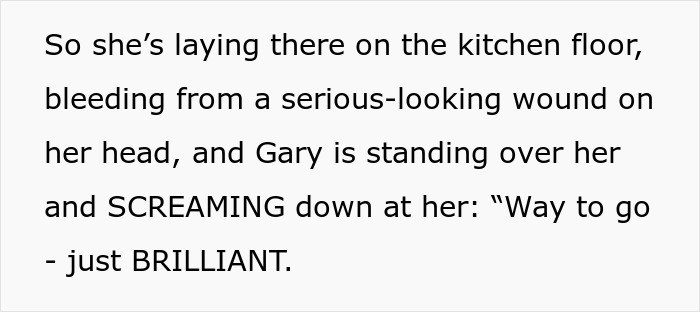
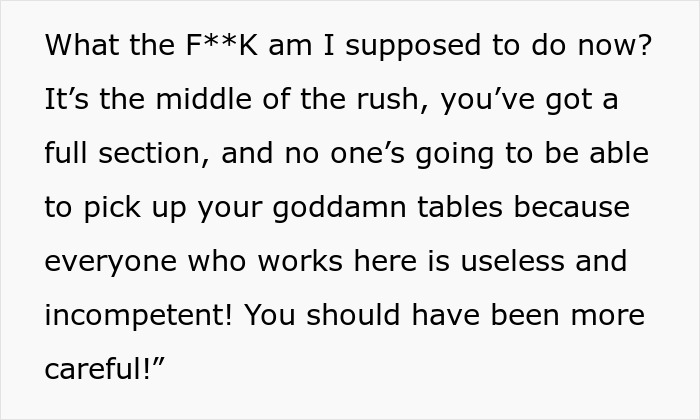
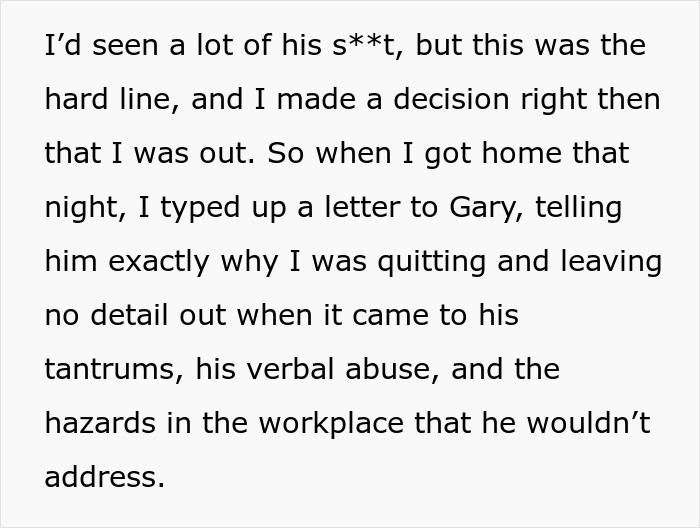

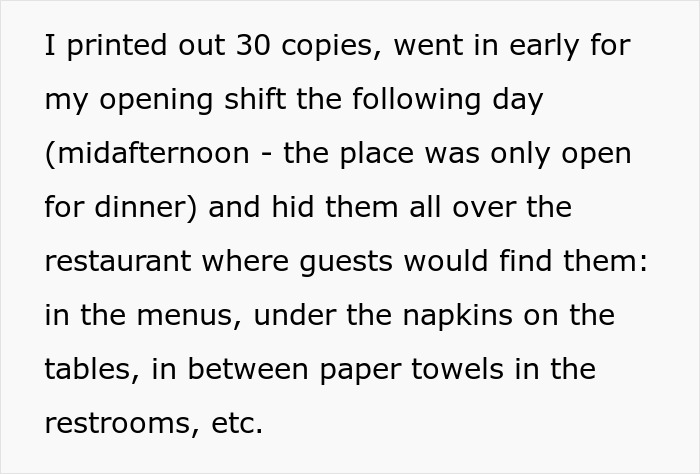
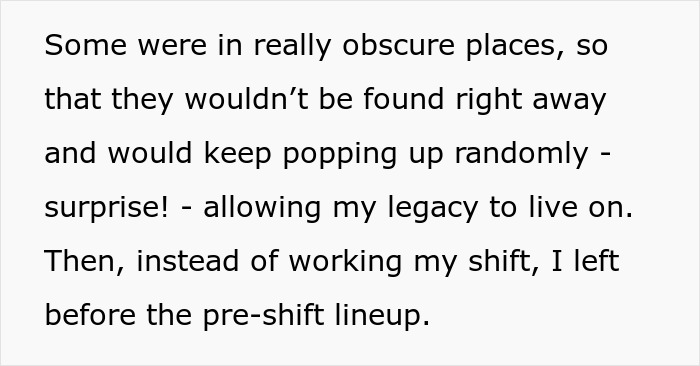
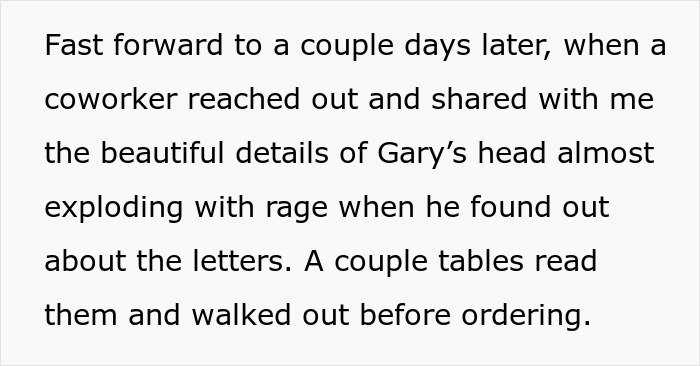






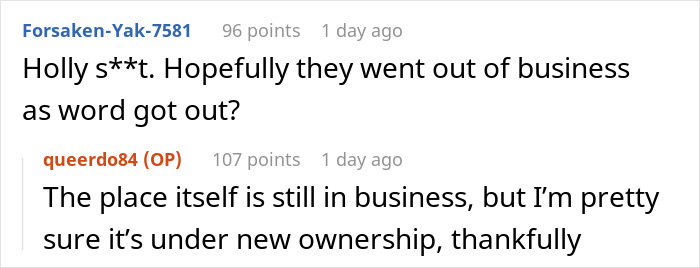

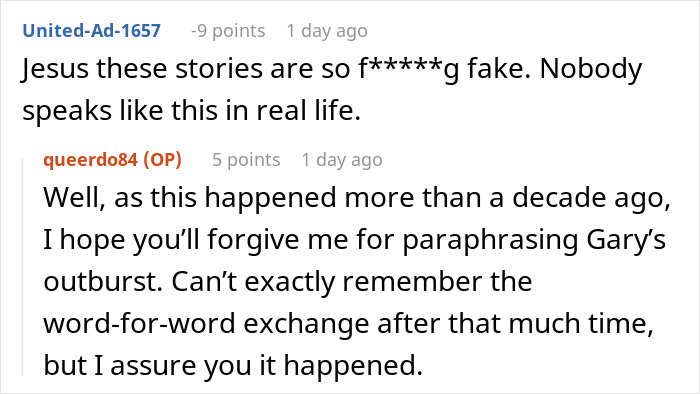
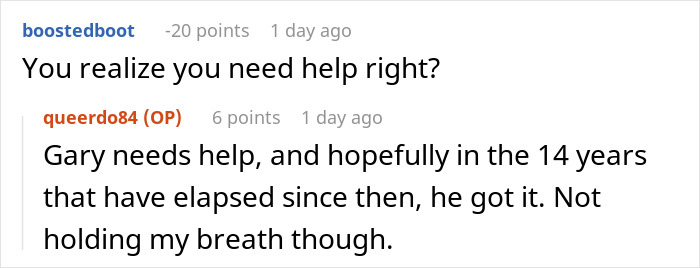
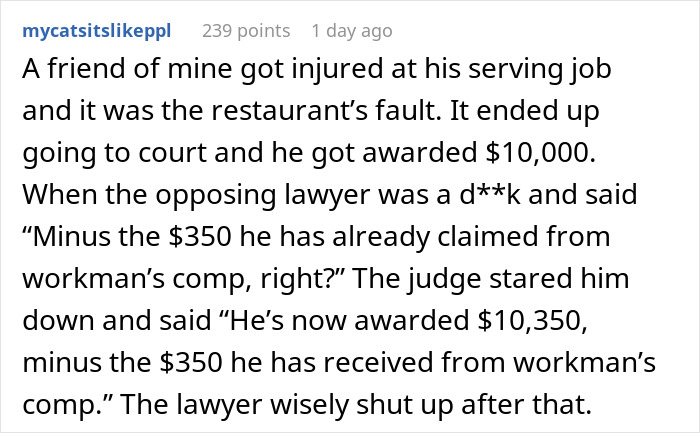



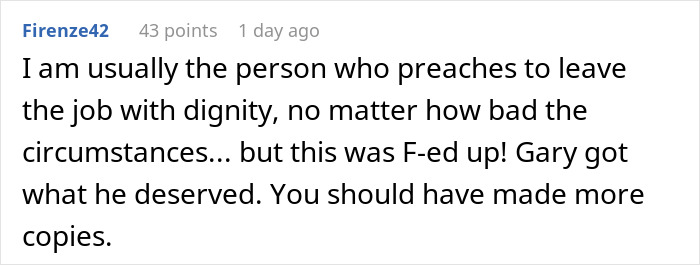























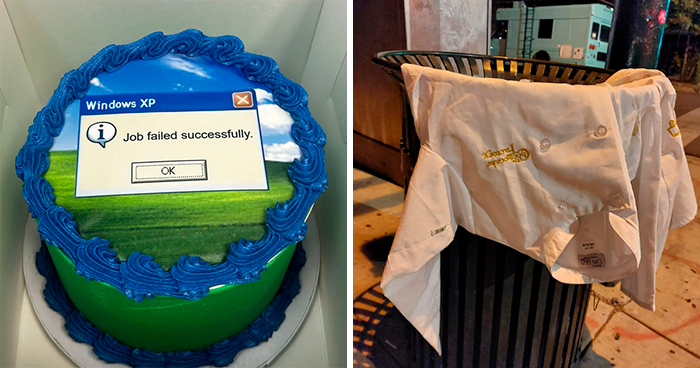


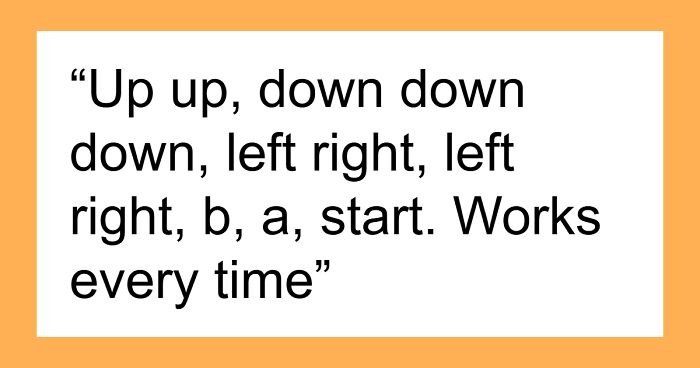
90
16